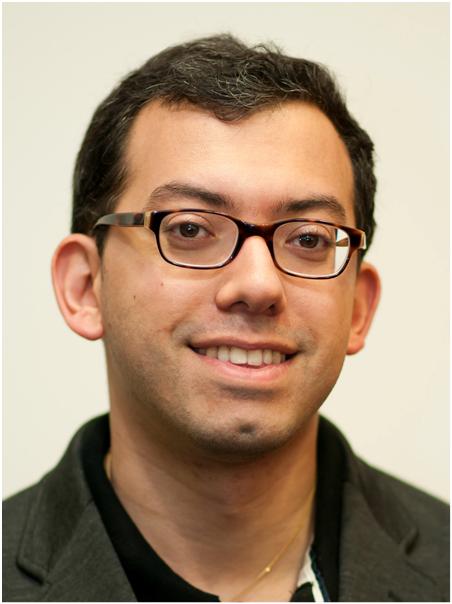- 05 Nov 2012
POST-2014 AFGHANISTAN: A Threat for Central Asia and China?
ABSTRACT
By the end of 2014, NATO forces will have withdrawn from Afghanistan. And they will not have the possibility to declare a “mission accomplished”. Indeed, to say the least, the situation on the ground is less than reassuring. The Taliban are a powerful force, and the American “surge” has not been able to deter an enemy who dreams to rule Kabul again. Such a situation is an embarrassment for the US and its NATO allies, of course. But it will become a distant memory soon enough: the consequences of the Arab Spring in countries like Tunisia or Egypt, the bloodshed in Syria, the consequences of the war on Libya, the Iranian nuclear program, will not leave much space for Afghanistan in the headlines of American or European newspapers. For Afghanistan’s neighborhood, mostly Asian countries, the curse of geography will continue to make the threat very real, if this country does not stabilize. Of course, South Asia is the first region that comes to mind here: instability in Afghanistan means security issues for Pakistan, and, to some extent, India. But it would be a mistake to think the post-2014 situation could not be an issue elsewhere in Asia. Indeed, fear is pretty much present in Central Asian capitals: before the American war on the Taliban, the main jihadist threat for the region, the IMU (Islamic Movement of Uzbekistan), has been able to be a real problem for the area partly because of the Afghan safe haven. After 2014, there is a risk to see trouble, again, coming from the South. And China itself could have some reason to worry. Indeed, it did not get an equivalent of the Central Asian troubles at the time of the “Afghan Emirate” ruled by mullah Omar. But chaos in Afghanistan, troubles in Central Asia, and the apparition of a possible safe haven for separatists in the West, could hurt Chinese national interests, directly but also indirectly. This talk will focus on what the Afghan future means for Central and East Asia, and if there is, indeed, a reason for this part of the world to fear the year 2014.
About the Speakers

Didier Chaudet is a specialist of Pakistan and Central Asia, focusing on security-related and diplomatic issues. From 2007 to 2011, he taught at the Institute of Political Studies (Sciences Po Paris) on South and Central Asia. In addition, he worked as a Researcher at the French Institute of International Relations (IFR) in 2008. He was a Fox Fellow at the MacMillan Center for International and Area Studies, Yale University from 2006 -2007. He received two M.A.s, including one in International Relations, from the Institute of Political Studies. He will defend a PhD thesis on the American foreign policy towards “Greater Central Asia” (post-Soviet Central Asia, Afghanistan, Pakistan) after 9/11.
Event Details
National University of Singapore
469A Bukit Timah Road, Singapore
259770




